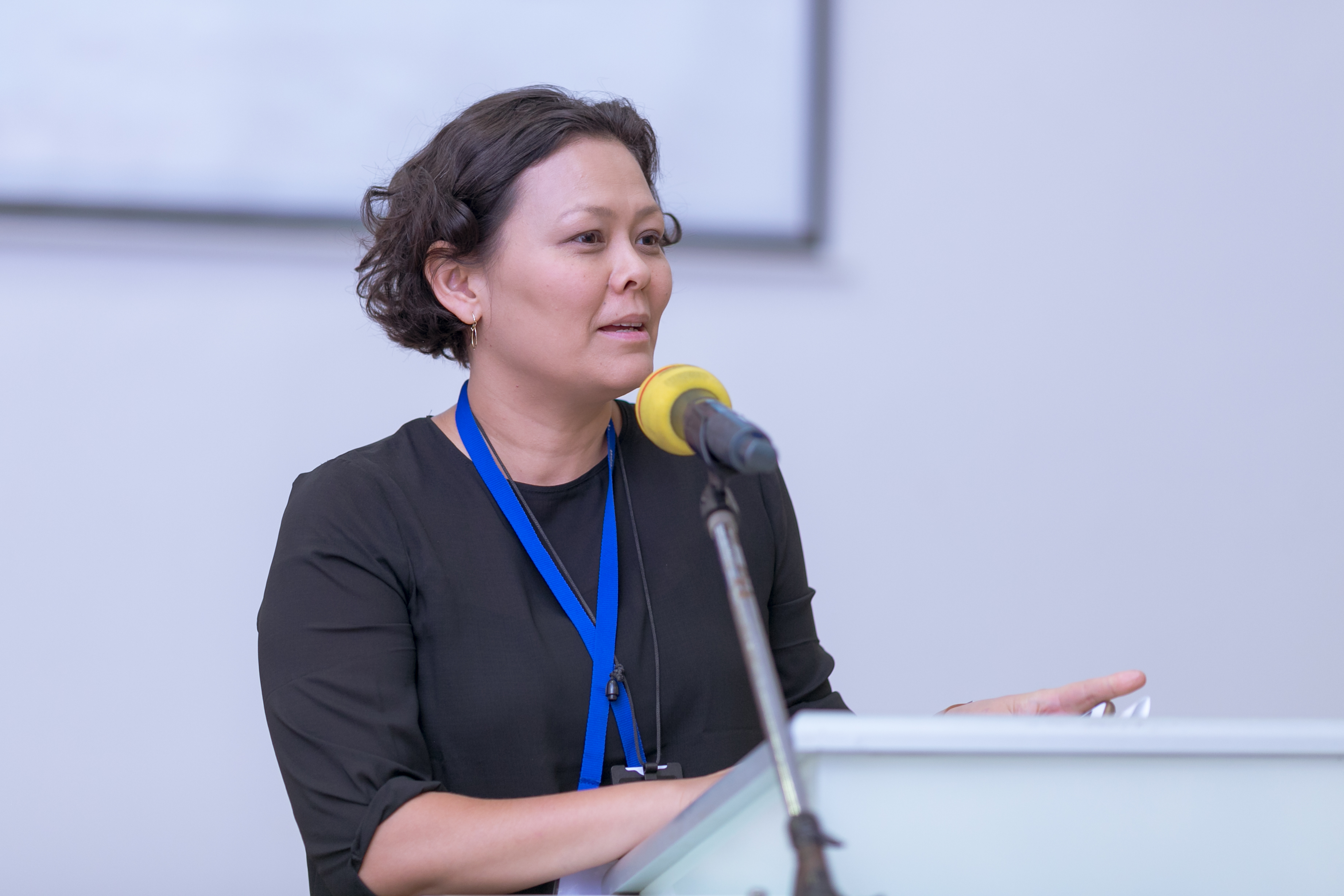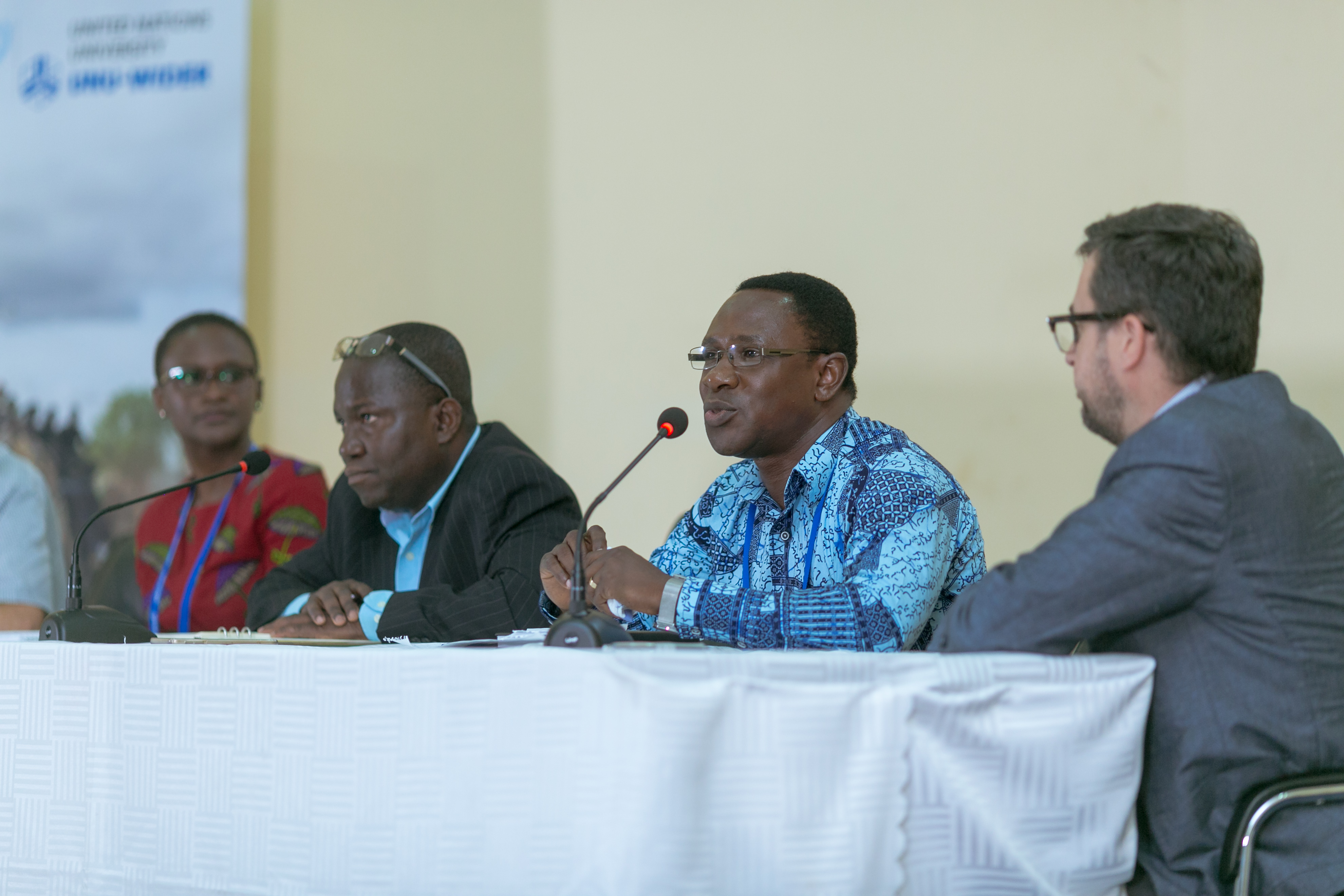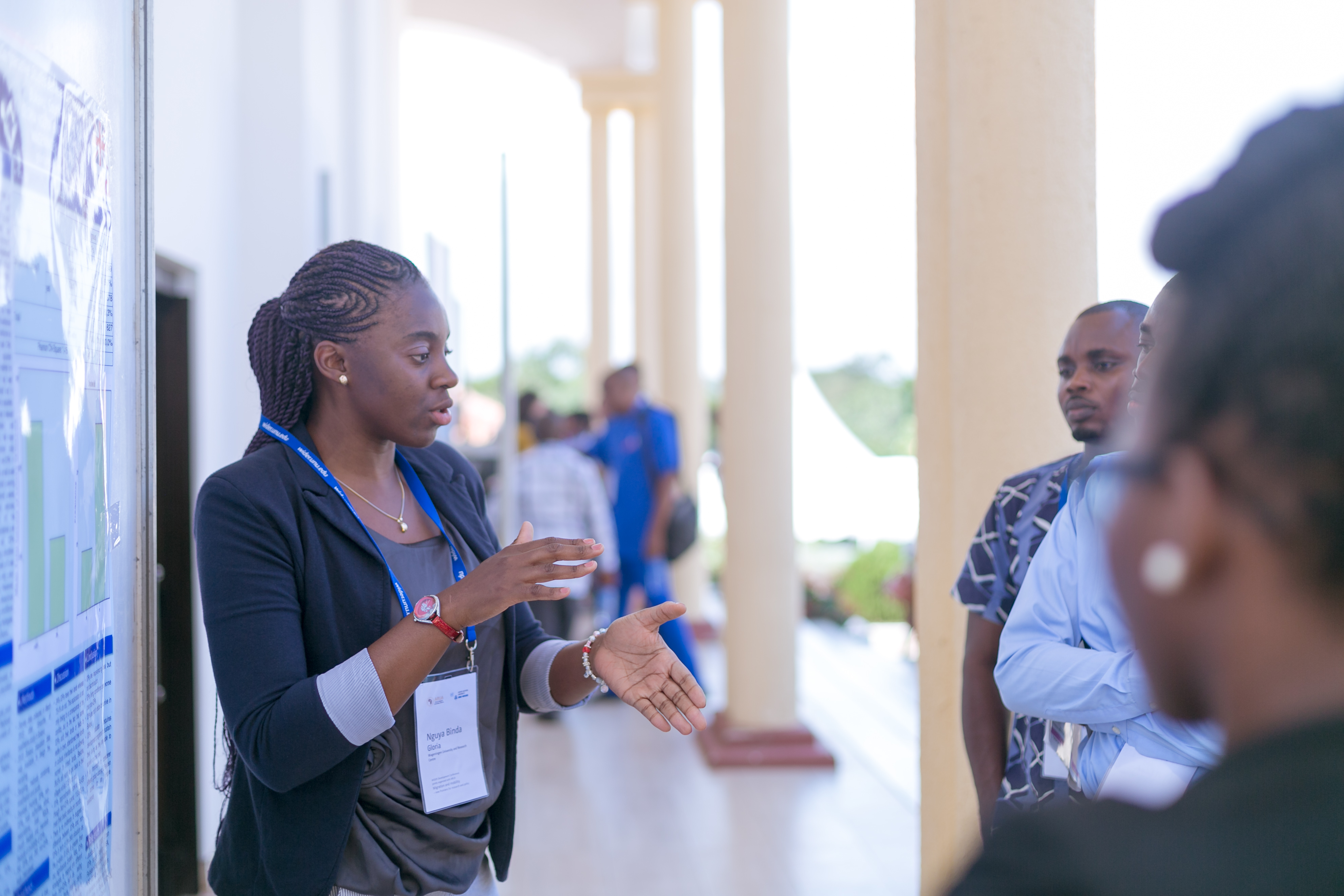Blog
A WIDER perspective on migration
While many WIDER Development Conferences emerge from ongoing projects, our latest conference in October — ‘Migration and mobility: New frontiers for research and policy’ — offered a different opportunity: to focus attention on an important cross-cutting topic in much of UNU-WIDER’s recent work.

Until this year, UNU-WIDER’s most recent project focusing on migration was some years ago (it produced the 2005 book Poverty, International Migration and Asylum). Still, migration has figured in multiple UNU-WIDER initiatives since then. For instance, current projects on Gender and Development; Macroeconomic Management; The Political Economy of Social Protection Systems; Reconciling Africa’s Growth, Poverty, and Inequality Trends; and Structural Transformation and Inclusive Growth in Vietnam have all paid attention to migration. Migration was also high on the agenda at last year’s Development Conference, Responding to Crises. Our director Finn Tarp has spent time thinking seriously about international migration and refugee flows (for instance, here and here), and earlier this year I launched a research initiative on refugees, integration, and inequality as part of our work on group-based inequality.
Migration is also a key issue for the United Nations University (UNU) as a whole. The Rector of UNU, Dr David Malone, currently chairs the Global Migration Group (GMG), an inter-agency group working to improve and coordinate approaches to international migration. Beyond that, researchers from seven UNU institutes collaborate regularly on research into migration issues through the UNU Migration Network.
And, we were joined in hosting this conference by the African Research Universities Alliance (ARUA). ARUA brings together sixteen of Africa’s leading research universities with the goal of enhancing research and graduate training on the continent, and migration and mobility are among its focus areas for research.
Still, I began work on this year’s conference — for which I served as focal point with Finn Tarp — with some trepidation. The body of research on migration is rich and fast-growing. UNU-WIDER is not a research centre focused on migration — and there are many of these (for one listing, see here). On migration and development specifically, an international conference has been hosted on precisely that theme annually for the past ten years by the World Bank, the French Development Agency (AFD), and other partners. Nor am I a ‘migration specialist’ — I have current research on migration, but I come to the topic through work on ethnic politics, inequality, development, and conflict.
A diverse set of new and innovative work

We thought a lot about value-added in framing the conference programme. On the one hand, we cast a wide net in terms of topics and approaches to bring together a diverse set of new and innovative work. In our call for papers, we invited submissions on voluntary and forced migration, regular and irregular migration, and internal and cross-border migration and mobility issues. We invited work on — and eventually organized panels around — issues of social cohesion and integration; gender; conflict, forced migration, and international policy; impacts on host communities; remittances; environment and natural resources; macroeconomic implications and trade; drivers and root causes of migration; rural–urban migration; labour; and migration policy.
And while the majority of UNU-WIDER’s international conferences have a development economics focus, given the topic at hand, we also prioritized disciplinary diversity in the programme, inviting work from political science, sociology, history, and law, for instance.
A focus on the South
We sought focus in two ways. For one, we focused on migration in the Global South, and particularly in sub-Saharan Africa. In Europe and North America, one hears much more about South-North migration and much of the research conducted focuses in this area, but the volume of migration across Southern borders and within Southern countries is in fact higher.
Second, we sought to facilitate a broader discussion on migration than standard in many other forums and to provide a platform for international engagement, including with work by ‘Southern’ researchers in Southern institutions, as well as female and early career scholars. For instance, the programme of the 10th International Conference on Migration and Development suggests that, with two exceptions, every presenter and discussant in the two-day event was based at an institution in Europe, North America, or Australia.

What are the new frontiers?
So after two days of discussions, two keynote addresses, 57 presentations in 18 parallel sessions, and 24 posters, what do I come away with as the ‘new frontiers’ in research and policy on migration? I’d group my ‘take-homes’ in three sets. First are specific lessons from individual studies — for instance, new methodological and theoretical approaches and new empirical findings and areas of research. To give just a few examples: check out the presentations on ‘now-casting’ international migration with online search words by Tobias Stoehr and colleagues, and Gordon Crawford and colleagues (on the impact of the informal China-Ghana gold rush 2008-13).
Second were more crossing-cutting findings and questions. For instance, I kept coming back to politics — and the call for better frameworks for incorporating politics into the analysis of migration. This point was highlighted, for instance, in Ingrid Palmary’s keynote address on how unpopular policy on migration is made and whether models of policy-making based on Western countries are usefully applied to developing countries. Politics also made its way into the second keynote by Hillel Rapoport on migration externalities. One of the points of departure of his talk, was that such externalities are seldom accounted for by policy makers — but should be, and are thus worth elaborating clearly.
Finally, in a broader sense, my conversations in Ghana suggest we should also think of process and building more diverse research and policy communities as a ‘new frontier’. While the increasing body of work on migration is rich, international forums that pay requisite attention to migration within the Global South and with strong participation by researchers from and in the Global South, remain an area for growth.
The views expressed in this piece are those of the author(s), and do not necessarily reflect the views of the Institute or the United Nations University, nor the programme/project donors.
 Join the network
Join the network



